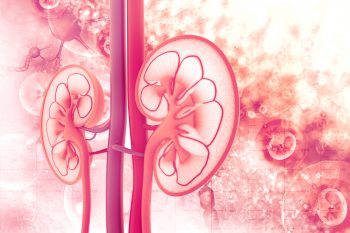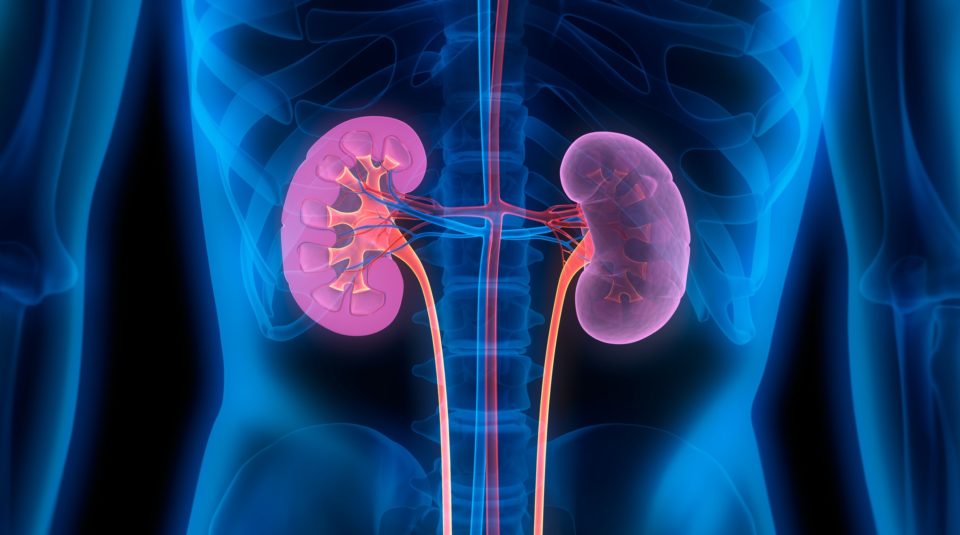
During a virtual poster session at the NKF Spring Clinical Meetings 2021, Robert Provenzano, MD, and colleagues reported pooled results from phase 3 studies of roxadustat, oral hypoxia-inducible, factor prolyl hydroxylase inhibitor, for patients with dialysis-dependent chronic kidney disease (DD-CKD) and anemia. The poster was titled Risk of RBC Transfusion and Volume-Related Adverse Events in Patients with Dialysis-dependent Chronic Kidney Disease: Pooled Results from Roxadustat Phase 3 Studies.
The analysis examined the rates of red blood cell (RBC) transfusion and intravascular volume-related adverse events post-transfusion in patients enrolled in the DD-CKD studies of roxadustat versus epoetin alfa.
The data were pooled from three open-label, active-controlled, phase 3 trials of roxadustat in patients with DD-CKD. Roxadustat was dosed to maintain hemoglobin (Hb) at 11 gm/dL. Epoetin alfa was prescribed per local practices. To reduce regional variation, the transfusion rate was calculated in the United States based on Hb ≤8, 8 to ≤10, and ≥10 gm/dL on treatment up to 28 days after last dose. During the 14 days post-transfusion and the follow-up period, rates of volume-related adverse events were assessed.
Roxadustat reduced transfusions versus epoetin alfa by 18% in the global DD-CKD patient pool (hazard ratio [HR], 0.82; 95% confidence interval [CI], 0.679-0.997; P=.046) over 52 weeks. In the US subgroup, roxadustat reduced transfusions versus epoetin alfa by 24% (HR, 0.76; 95% CI, 0.581-0.994; P=.045).
In the United States, the transfusion rate was approximately 3- to 5-fold higher in patients with achieved Hb <10 versus ≥10 gm/dL regardless of treatment arm (roxadustat, 227.7 vs 6.2 events/100 patient exposure years [PEY); for epoetin alfa, 202.1 vs 11.1 events/100 PEY). Globally, the risk of volume-related adverse events was greater in the 14-day post-transfusion period for both arms (roxadustat, 151.7 events/100 PEY vs 12.6 during follow-up; for epoetin alfa, 143.1 vs 14.6, respectively).
“Roxadustat reduced the risk of red blood cell transfusion versus epoetin alfa in patients with DD-CKD. In US patients, risk of transfusion was lowest at achieved Hb ≥10 gm/dL, and globally, volume-related adverse events were higher in the 2-week post-transfusion period,” the researchers said.
Source: Provenzano R, Pollock C, Szczech L, et al. Risk of RBC transfusion and volume-related adverse events in patients with dialysis-dependent chronic kidney disease: Pooled results from roxadustat phase 3 studies. Abstract of a poster at the National Kidney Foundation virtual Spring Clinical Meetings 2021 (Abstract #174), April 9, 2021.






 © 2025 Mashup Media, LLC, a Formedics Property. All Rights Reserved.
© 2025 Mashup Media, LLC, a Formedics Property. All Rights Reserved.